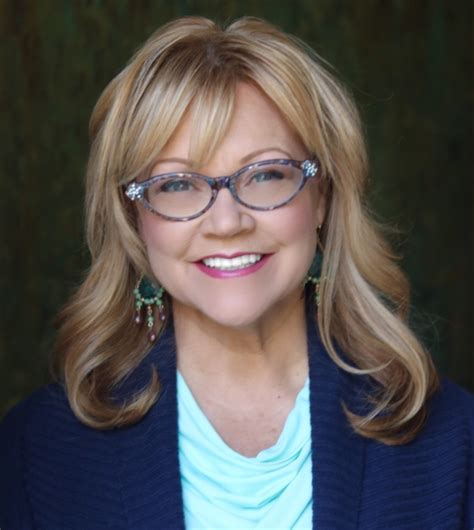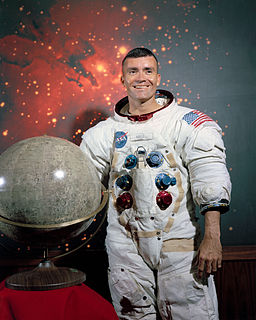A Quote by Niall Ferguson
We historians are increasingly using experimental psychology to understand the way we act. It is becoming very clear that our ability to evaluate risk is hedged by all sorts of cognitive biases. It's a miracle that we get anything right.
Related Quotes
The systematic experimental study of reproducible errors of human reasoning, and what these errors reveal about underlying mental processes, is known as the heuristics and biases program in cognitive psychology. This program has made discoveries highly relevant to assessors of global catastrophic risks.
17th century philosophers were not in a position to understand the mind as well as we can today, since the advent of experimental methods in psychology. It shows no disrespect for the brilliance of Descartes or Kant to acknowledge that the psychology which they worked with was primitive by comparison with what is available today in the cognitive sciences, any more than it shows disrespect for the brilliance of Aristotle to acknowledge that the physics he worked with does not compare with that of Newton or Einstein.
Epistemology now flourishes with various complementary approaches. This includes formal epistemology, experimental philosophy, cognitive science and psychology, including relevant brain science, and other philosophical subfields, such as metaphysics, action theory, language, and mind. It is not as though all questions of armchair, traditional epistemology are already settled conclusively, with unanimity or even consensus. We still need to reason our way together to a better view of those issues.
Vaccines are a miracle; they're fantastic. Anything that makes people hesitate to give their children these vaccines according to the recommended schedule creates risk. Risk for the children who don't get vaccinated and risk for children, some of whom don't have an immune system, so they're benefiting from the fact that the community protection means the disease doesn't get to them.
Each precious moment of your life in which you are frozen with fear is a moment when you are not being all you can be. In the end, that hurts more than anything. Succeeding or failing does not determine if we are surviving or living. Rather it is in our ability to reach beyond our present self-imposed definition of who we are, and to risk becoming more, that we are able to feel fully alive.
Our ability to understand ourselves is now expanding beyond the information that we can receive from our five senses. We're becoming aware of ourselves as more than minds and bodies. We are becoming aware of ourselves as souls while we simultaneously have personalities and walk upon the earth. That is the huge transformation that is reshaping the human experience - the expansion of our perceptual capability beyond the five senses. We're becoming multisensory.








































